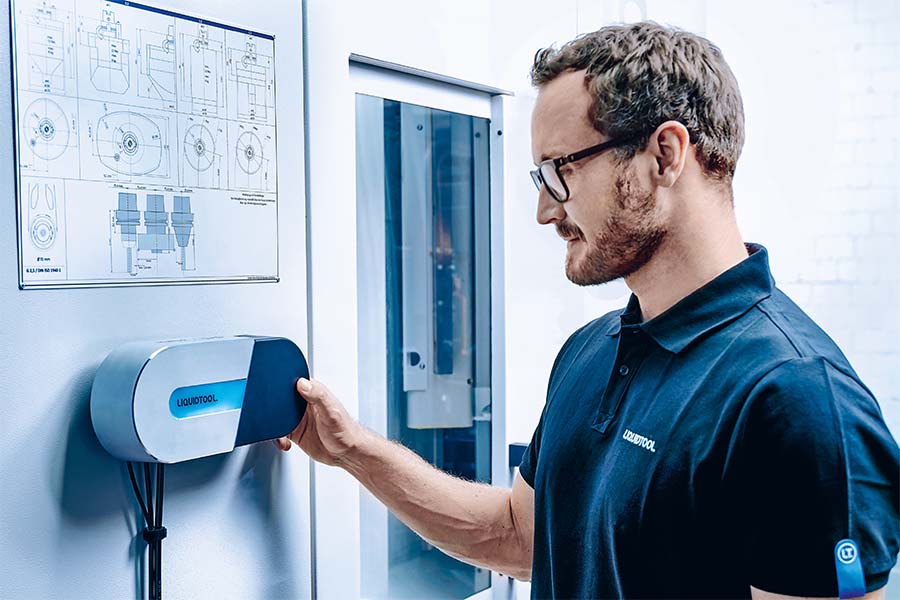Photo AI is also an important topic for the Swiss company Liquidtool Systems, the inventor of the world’s first smart coolant automation system. (Liquidtool Systems AG)
Many companies in the machin-ing industry already rely on AI-assisted quality control in production – usually in combination with a centralized cloud service. Since this is not entirely without its problems, a research project is currently exploring the concept of “smart machining” without cloud connectivity, which would be an affordable option open to small and medium-sized companies as well. This project is being funded by the European Union and the German state of North Rhine-Westphalia. As part of the project, various partners are taking a close look at complex machining, along with its multitude of tool and process parameters. Together, they are working to develop a learning platform intended to train predictive AI models in a decentralized manner.
The models are trained using process data taken directly from the production machine. This enables AI to detect any quality issues during the machining process: deviations in the workpiece caused by tool wear can be detected at an early stage. Indications include fluctuations in the spindle load and/or the clamping pressure. The AI model developed immediately detects any values that are outside of the specified tolerances as a deviation. The use of AI offers a significant reduction in time-consuming quality controls.
Increased efficiency in quality controls
The newly developed machine learning process also enables small and medium-sized companies to draw on the benefits of AI for their quality controls. Here, unlike with cloud solutions, production data no longer needs to be stored centrally. This means it is no longer outside the company’s sphere of influence, and it is also less exposed to risks associated with data protection and data security. The data is kept on local servers while it is being used to collaboratively train the AI model. The AI model can also be trained across multiple company locations in a network of the company’s local devices and servers without the production data ever leaving local databases. This is undoubtedly a benefit with respect to data protection and the security of sensitive production data.
dataMatters, a spin-off of RWTH Aachen University, has developed “Real World AI”, a solution that takes this approach even further. According to company founder Dr. Daniel Trauth, the concept is based on three pillars: “On data acquisition using sensors, on the collection of information in a protected data room, and on subsequent analysis using AI algorithms.” dataMatters handles the data acquisition and provides technically secure and legally compliant data rooms. “Companies are then able to decide whether they want to conduct the AI analysis in our data rooms or on their own servers.”
Given the complexity of the machining process, there are still numerous other possibilities for the application of AI. In theory, AI could be used to optimize every tool and process parameter in machining including coolant management. The world’s first smart coolant automation system from Swiss company Liquidtool Systems is based on internet connectivity. “It is quite likely that we will tap into the potential of AI in the near future and integrate it into our solution, for example for analytics,” says Daniel Brawand, Head of Marketing and Sales.

